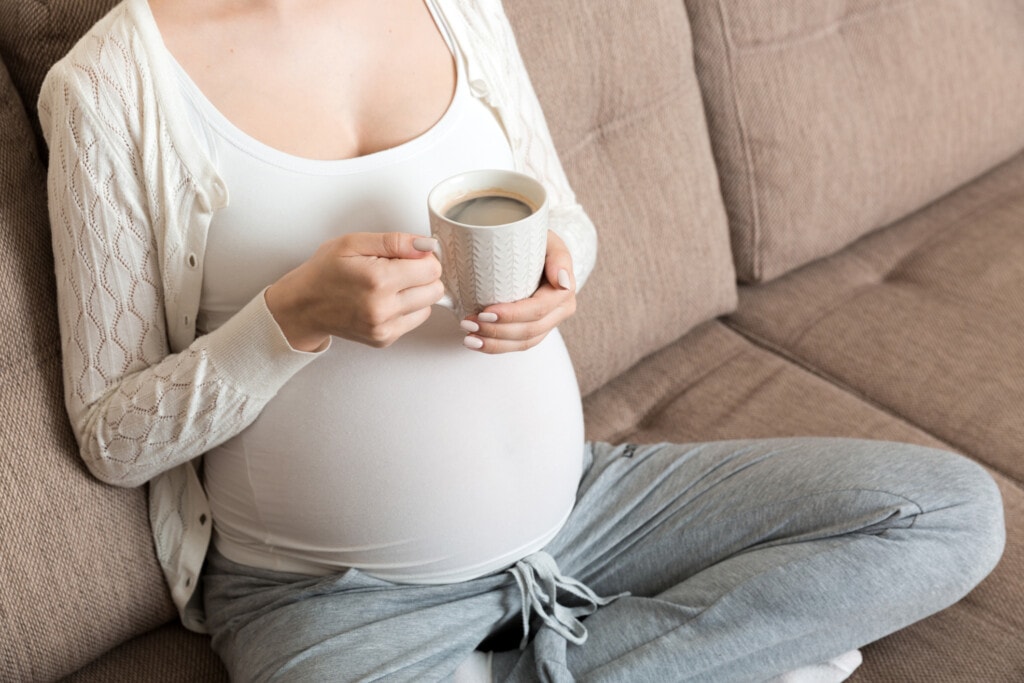Is Decaf Coffee a Diuretic? Myths vs. Facts Uncovered
Decaf coffee is less diuretic than regular coffee. It contains minimal caffeine, which reduces its diuretic effect.
For many coffee lovers, the quest to enjoy their preferred beverage without the side effects of caffeine leads them to decaf coffee. Decaf, short for decaffeinated coffee, undergoes a process to remove most of the caffeine content while retaining the coffee flavor.
Many people switch to decaf in an effort to limit their caffeine intake due to caffeine’s potential to cause restlessness, anxiety, and disruptions in sleep patterns. One common concern with caffeinated drinks is their diuretic nature, meaning they can lead to increased production of urine, which might cause dehydration. Decaf coffee presents a compromise, offering a decrease in such diuretic properties while still providing the comforting ritual and taste of coffee. Given that the diuretic effect is largely attributed to caffeine, decaf coffee is a suitable alternative for those looking to stay hydrated without giving up on their coffee habit.
Decaf Coffee And Diuresis
Decaf coffee still has a little caffeine. Small amounts may cause diuresis, which is increased urination. Diuresis happens as kidneys work to remove excess fluids. The decaf process doesn’t remove caffeine completely. Yet, its diuretic effect is much less than regular coffee.
Most decaf coffees have about 97% of their caffeine removed. Hence, it has very little impact on fluid balance. People sensitive to caffeine’s effects might notice a slight diuretic effect. Others typically will not. It’s key to stay hydrated, regardless of coffee type.
| Decaf Coffee Type | Caffeine Content (approx.) |
|---|---|
| Instant Decaf | 2-12 mg per 8 oz |
| Brewed Decaf | 3-18 mg per 8 oz |
Busting The Myths
Many believe that decaf coffee leads to dehydration. This is not true. Decaf coffee is not a strong diuretic like its caffeinated counterpart. In fact, studies show that decaf coffee’s diuretic effect is minimal. So, you can enjoy decaf without worrying about dehydration. Decaf coffee offers similar hydration to that of water. Remember, drinking any fluid, including decaf, contributes to your daily water intake. This helps maintain a healthy balance in your body. So, decaf lovers can rejoice in the fact that their favorite cup does not sap their hydration levels.
Science Speaks: What Research Says
Research demystifies common beliefs about decaf coffee and its diuretic effects. Studies suggest that the diuretic activity, which means causing the body to release water, is linked to caffeine. Decaf coffee, with significantly lower caffeine levels, is less likely to have this effect. Nonetheless, individual sensitivity can vary. Regular coffee, on the other hand, may prompt more frequent urination in some people.
| Coffee Type | Caffeine Content (Average) | Potential Diuretic Effect |
|---|---|---|
| Regular Coffee | 95 mg per 8 oz | Higher |
| Decaf Coffee | 2-5 mg per 8 oz | Lower |
It is key to note that decaf coffee is not completely caffeine-free. However, the minimal caffeine content in decaf is usually not enough to exert a strong diuretic effect. This makes decaf a suitable option for those seeking to enjoy coffee without significant diuretic concerns.
Body Responses To Decaf
Decaf coffee may still slightly affect how our body handles water. Not all bodies react the same way to decaf. It’s important to watch out for how much we pee. We also need to pay attention to how thirsty we feel. Drinking water is key to stay hydrated.
- Track the number of cups of decaf you drink.
- Notice changes in how often you need to pee.
- Drink water if you feel thirsty after decaf.
- Check the color of your pee – it tells about hydration.
Some people might find decaf coffee causes them to pee more. For others, there might be no change. It depends on how your own body works. Make sure to always listen to your body and act accordingly. Keeping an eye on these signs helps you stay healthy and hydrated.
Making The Choice: Decaf For Hydration
Decaf coffee may still be a mild diuretic, although less than regular coffee. Choosing decaf can help minimize dehydration while still enjoying a coffee experience.
For those sensitive to caffeine or wanting fewer trips to the bathroom, decaf is a suitable choice. Stay hydrated by drinking water alongside your decaf coffee.
Sip decaf slowly to reduce the diuretic effect and pair it with a water-rich snack like cucumber or watermelon. Balance is key to enjoy decaf without dehydration risks.

Credit: www.baby-chick.com
Practical Tips For Coffee Lovers
Decaf coffee may still have a diuretic effect, though it’s typically weaker than regular coffee. Understanding your body’s hydration needs is crucial. Drinking plenty of water throughout the day is key to staying hydrated. It’s important to balance your coffee intake with other non-caffeinated beverages.
Monitor your body’s signs to ensure you’re adequately hydrated. Look for clear or light yellow urine as an indicator of good hydration. Other signs include regular bathroom breaks and minimal thirst. To help, consider tracking fluid intake and reduce decaf coffee if necessary. Enjoy decaf coffee in moderation and listen to your body’s cues for the best health outcomes.

Credit: www.ilovedecaf.shop
Frequently Asked Questions For Is Decaf Coffee A Diuretic
Does Decaf Coffee Dehydrate You?
No, decaf coffee is not likely to cause dehydration. While it contains some caffeine, which can have a diuretic effect, the amount is typically too low to significantly increase urine production and lead to dehydration.
Can Decaf Coffee Still Affect Fluid Balance?
Decaf coffee can have a minor diuretic effect. However, its impact on fluid balance is minimal, and it is generally not a concern for hydration when consumed in moderation.
How Much Caffeine Is In Decaf Coffee?
Decaf coffee typically has about 97% of its caffeine removed. A typical 8-ounce (240-milliliter) cup of decaf coffee may contain 2 to 5 milligrams of caffeine, compared to 80 to 100 milligrams in regular coffee.
Is Decaf Coffee Safe For Daily Consumption?
Yes, decaf coffee is safe for daily consumption. It provides a coffee experience without the same level of caffeine as regular coffee, making it a good option for those sensitive to caffeine.
Conclusion
Wrapping up our exploration of decaf coffee, it’s clear that it can have mild diuretic effects. Yet, this impact is typically less pronounced than regular coffee. For those seeking lower caffeine options without strong diuretic consequences, decaf can be a good choice.
Always listen to your body and consult with a healthcare provider for personalized advice.



